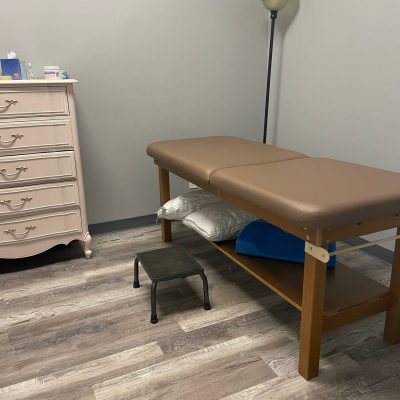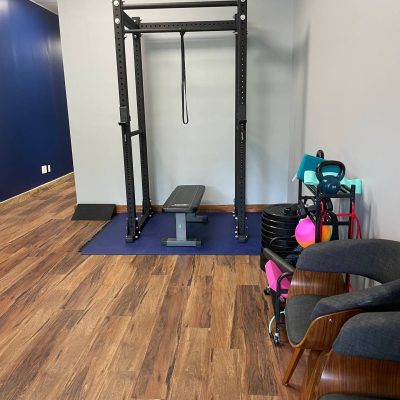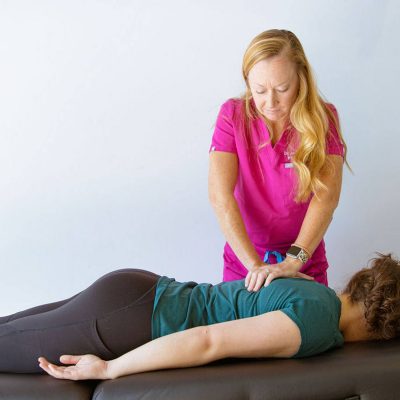Living with lymphedema can present challenges, especially when it comes to traveling. However, with proper planning and precautions, you can minimize the impact of lymphedema on your travel experience. In this blog post, we will explore effective strategies and essential tips to help you manage lymphedema while traveling, ensuring a smooth and enjoyable journey.
Consult with Your Healthcare Provider: Before embarking on your trip, it is crucial to consult with your healthcare provider or lymphedema specialist. They can assess your condition, provide personalized advice, and ensure you are ready for travel. They may recommend additional preventive measures or adjustments to your lymphedema management routine based on your specific needs.
Plan Ahead: Careful planning is key to managing lymphedema during travel. Consider the following aspects when preparing for your trip:
a. Destination: Research your destination to understand the climate, accessibility, and availability of medical facilities. Extreme temperatures, high humidity, or long flights can affect lymphedema symptoms, so be prepared accordingly.
b. Transportation: Choose the most comfortable and convenient mode of transportation for your journey. If traveling by air, definitely wear your compression garments and loose fitting clothes. The air pressure while flying is less, which can cause increased swelling.
Pack Wisely: Packing strategically can help you manage lymphedema while on the go. Consider the following packing tips:
a. Compression Garments: Pack an adequate supply of compression garments, including socks, sleeves, or bandages. These garments assist in maintaining proper lymphatic flow and reduction of swelling. Remember to wear them during travel and keep extras in your carry-on in case of lost or delayed luggage.
b. Medications and Supplies: Carry all necessary medications, including any prescribed diuretics or antibiotics, in their original containers. Additionally, pack essential supplies such as moisturizers, bandages, and skin care products specifically recommended for lymphedema management.
d. Comfortable Clothing: Pack loose-fitting, comfortable clothing made from breathable fabrics. Avoid tight or constricting attire that can restrict lymphatic flow.
Stay Hydrated and Active: Hydration and regular movement play a crucial role in managing lymphedema during travel. Remember to:
a. Stay Hydrated: Drink plenty of water to maintain proper hydration levels. Avoid excessive alcohol and caffeine consumption, as they can contribute to dehydration and worsen lymphedema symptoms. The general rule is to aim for at least half of your body weight in fluid ounces of mostly water per day. Your urine should be clear to pale yellow in color; hydrate more if your urine is any darker than this!
b. Exercise and Stretch: Perform simple exercises and stretches during your journey to stimulate lymphatic flow. Ankle pumps, leg lifts, deep breathing, and shoulder rolls are some examples of exercises that can be done while seated.
Practice Good Hygiene and Skin Care: Maintaining good hygiene and skin care is essential for lymphedema management, especially while traveling. Follow these guidelines:
a. Cleanse and Moisturize: Cleanse the affected areas gently and moisturize the skin regularly to prevent dryness and cracks. Use a pH-balanced, fragrance-free cleanser and a recommended moisturizer.
b. Avoid Irritants: Steer clear of harsh chemicals, such as strong soaps, detergents, or insect repellents, which can irritate the skin and potentially worsen lymphedema symptoms.
c. Protect Against Infections: Take precautions to prevent infections. Keep the affected areas clean, wear protective gloves when engaging in activities that may cause cuts or abrasions, and apply sunscreen to protect against sunburn.
Seek Support and Rest: Traveling can be physically and mentally demanding, so ensure you prioritize self-care and seek support when needed:
a. Rest and Pacing: Plan your itinerary in a way that allows for rest periods and avoids overexertion. Listen to your body’s signals and pace yourself accordingly.
b. Seek Assistance: Don’t hesitate to ask for assistance when navigating airports, train stations, or other public spaces. Many airports offer wheelchair services or other aids for individuals with mobility challenges.
c. Supportive Community: Connect with local support groups or online communities of individuals managing lymphedema. They can provide valuable advice, recommendations, and emotional support.
Managing lymphedema while traveling requires careful planning, proactive measures, and self-care. By consulting with your healthcare provider, planning ahead, packing wisely, staying hydrated and active, practicing good hygiene, and seeking support when needed, you can enjoy your travel experiences while minimizing the impact of lymphedema. Remember to listen to your body, be mindful of your condition, and make informed choices to ensure a safe and enjoyable journey. Safe travels!
Magic City Physical Therapy in Birmingham, AL, is proud to offer Lymphedema Therapy by a Certified Lymphedema Therapist. Call us today if you need help in managing your lymphedema symptoms!







